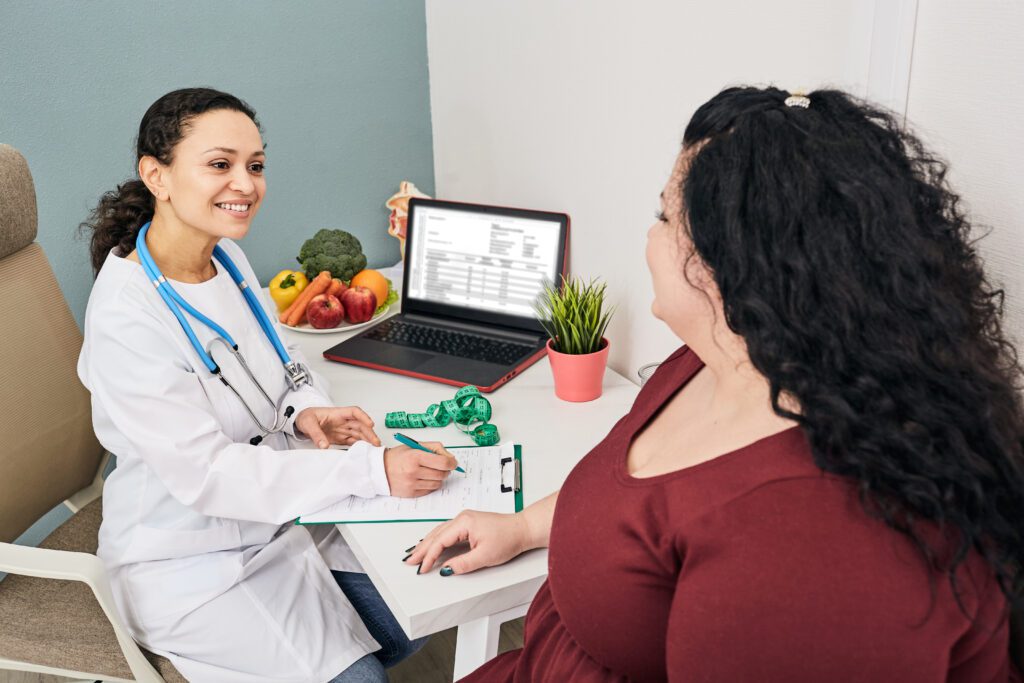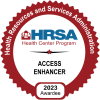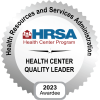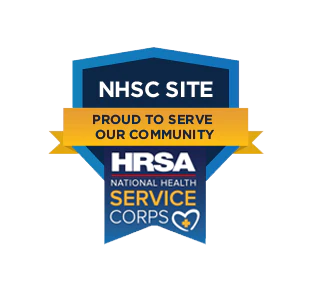
This blog post was written by Doctor of Nursing Practice Laura Anderson, women’s health provider at the Beloit Area Community Health Center.
Are you on good terms with your cervix?
It’s a question that gets your attention, isn’t it?
January is Cervical Health Awareness Month, and healthcare providers everywhere are hoping to get women and their medical providers comfortable talking about the health and wellness of that particular part of the female anatomy.
 American Sexual Health Association President Lynn Barclay says “Providing access to medical care is only part of the job, though. Our lack of comfort with these topics even results in women avoiding gynecological care due to a sense of shame. It’s important that patients and providers both feel comfortable talking about sexual health, including cervical cancer prevention. These conversations are often rushed through or avoided altogether.”
American Sexual Health Association President Lynn Barclay says “Providing access to medical care is only part of the job, though. Our lack of comfort with these topics even results in women avoiding gynecological care due to a sense of shame. It’s important that patients and providers both feel comfortable talking about sexual health, including cervical cancer prevention. These conversations are often rushed through or avoided altogether.”
At Beloit Area Community Health Center, our providers–like Women’s Health Provider Laura Anderson–are ready to have those conversations with area women. Screening for cervical cancer is done with a pap smear and starts at age 21, with the frequency of follow-up tests varying, but typically they’re done every three years until the age of 29, and every five years after the age of 30 if completed with an HPV co-test.
“In addition to regular screening, one way to help prevent cervical cancer is the HPV vaccine,” Anderson says. The HPV vaccine is given to both boys and girls starting at age 11 and was recently approved for men and women up to age 45 who meet certain criteria. “The vaccine helps prevent transmission of the nine high risk strains of HPV that have been shown to contribute to cervical, genital and oral cancers.” Be sure to speak with your Provider, as you may be able to get the vaccine series for free.
According to the CDC, it is especially important for African American women to make getting screened for cervical cancer a priority. Each year in the United States, about 14,000 new cases of cervical cancer are diagnosed and about 4,000 women die of this cancer. Hispanic women have the highest rates of developing cervical cancer, and Black women have the highest rates of dying from cervical cancer. Anyone with a cervix is at risk for cervical cancer, and it occurs most often in people over age 30.
The bottom line is this doesn’t have to happen. Regular screening, on top of the HPV vaccine, can help prevent cervical cancer or help you find it early – when it is easier to treat. You can schedule an appointment with our Women’s Health Provider Laura Anderson to discuss this and your other women’s health needs by calling (608) 361-0311.
You can schedule an appointment with Laura at Beloit Area Community Health Center by calling 608-361-0311. Dr. Laura accepts most insurances and is accepting new patients. Learn more about Laura, DNP here.













